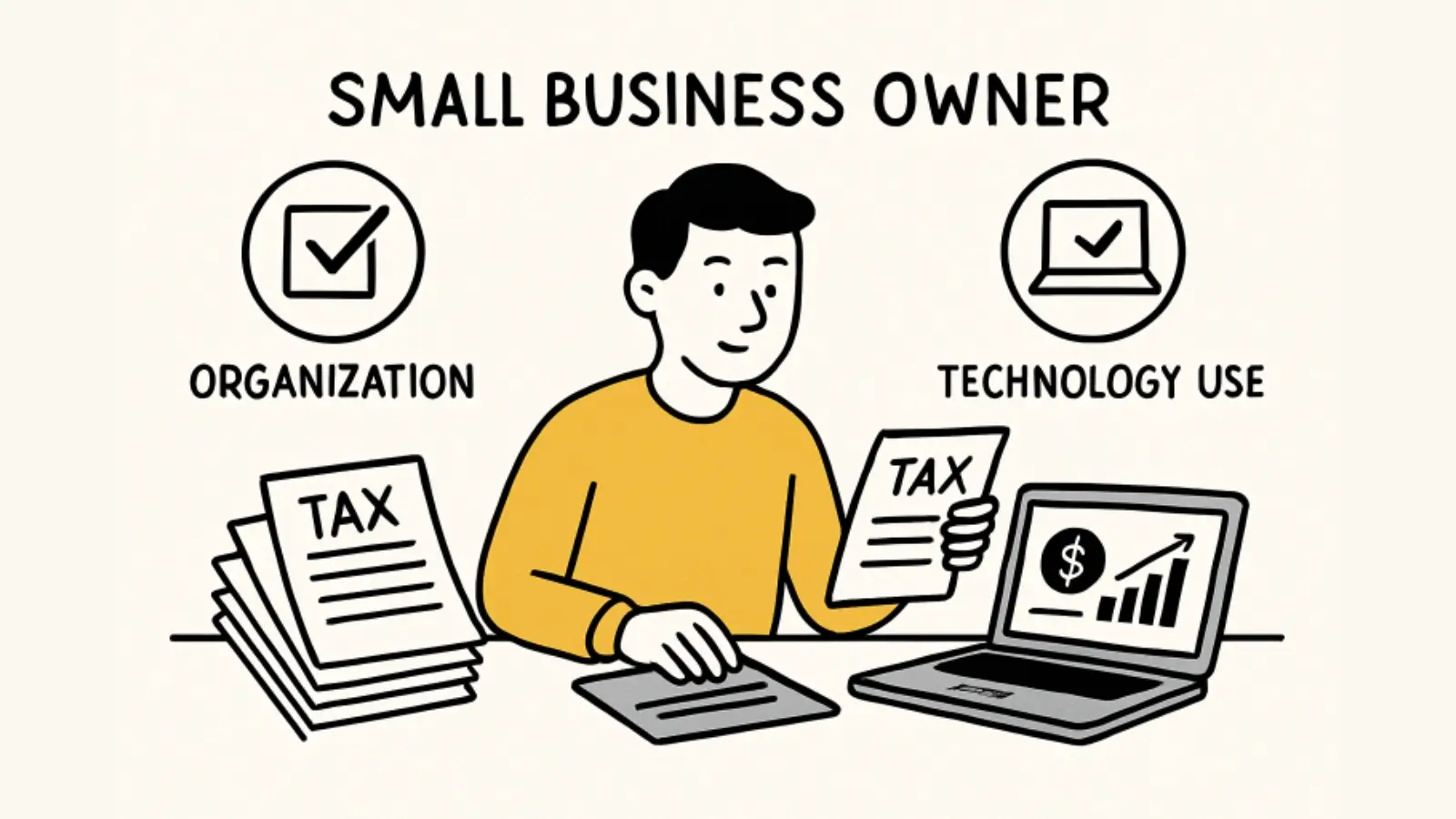Choosing to buy or lease a car in the UK is a major decision that is totally dependent on your requirement of driving, lifestyle, and financial conditions. Both the choices have their pros and cons that you have to keep in mind before you make your final choice.
The Arguments for Leasing
- Lower Payments Every Month – Leasing is way more affordable than payments on loans, so it's an inexpensive way to get to drive a brand new car.
- Newer Models Made Accessible – Leasing provides you with the opportunity to experience the new technology, safety features, and fuel efficiency without having to possess them in the long run.
- No Maintenance Expenses – Most lease contracts include maintenance packages, eliminating surprise repair costs.
- No Fear of Depreciation – As the vehicle is not yours, you don't have any fear of its depreciation or resale value.
The Arguments Against Leasing:
- No Equity – At contract expiration, you need to surrender the vehicle and own no property as a result of your payments.
- Mileage Caps – Most leases include a yearly mileage cap. Crossing it will trigger costly charges.
- Tough Terms – The cost of ending the agreement early can be prohibitive if you wish to end the agreement ahead of the specified term.
- Modifications Not Permitted – You cannot customise a leased car, as you need to return the vehicle in its original state.
The Case for Buying a Car
Buying a car in cash or using finance will get you to be the owner of the car the moment you have settled the instalments. It is a purchase that is in the long-term and gives you full ownership of the vehicle.
Advantages of Buying:
- Complete Ownership – You can keep the car for as long as you want and modify it as per your preference.
- No Mileage Restrictions – Unlike leasing, you are free to drive anything you desire without an extra fee.
- Long-Term Savings – Once the car is fully paid, you do not have to pay for it every month, thus making it more cost-effective in the long run.
- Sell Anytime – You can sell the vehicle at any time you desire, unlike being committed to a contract for a specific duration.
Disadvantages of Buying:
- Increased Initial Costs – Purchasing a car, especially paying in cash, is associated with a hefty initial payment.
- Depreciation – The car loses value with time, and resale value may be less than expected.
- Maintenance Costs – After the warranty period is over, repair work can be expensive, especially for older vehicles.
- Long-Term Obligation – If your circumstances change, it is harder to sell a car than to terminate a lease.
Which Option Is Most Suitable for You?
If you prefer lower payments each month, new model availability, and maintenance convenience, then leasing could be the option. However, if you wish to own it entirely, save for the long haul, and not have any restrictions, buying would be the better choice. Consider your budget, driving habits, and long-term plans before you make a choice.
On the flip side, if you need to find out whether a car is on finance or has been purchased in full, you can do so with a car check. All you need is the registration number to retrieve all the information associated with the vehicle, including any finance agreements.
Ultimately, both have their merits, and the best option is what best fits your individual and financial needs.

















